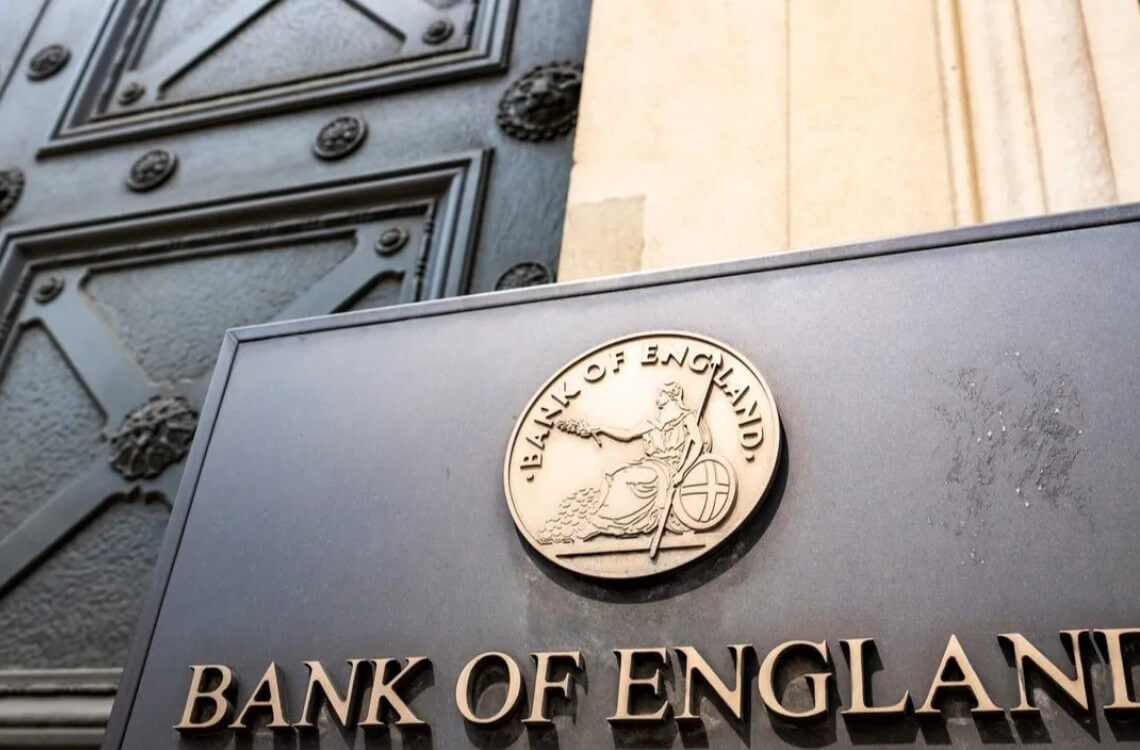The Bank of England (BoE) has landed squarely in the midst of controversy over an alleged data oversight. The BoE, which has always been perceived as a pillar of accuracy and reliability, might have faced a wrench in its machinery.
Tricky PMI Numbers and the Big Miss
Purchasing Managers’ Indices (PMIs) serve as key economic indicators. Their essence lies in their agility, providing rapid insights into economic growth based on business responses. But with speed can come inaccuracy. Recently, these figures haven’t been as dependable as economists would like.
In fact, the gap between initial readings and final readings for the composite PMI this September was almost historic, registering as the third largest divergence since 2006. The composite PMI blends data from both service and manufacturing sectors, offering a broad perspective on economic activity.
Moreover, the persistent changes in PMI data have raised alarms. Historically, the revisions in the final survey have averaged an increase of 0.2 percentage points since 2006.
However, this upward adjustment increased to 0.4 percentage points in 2021 and a significant 0.5 percentage points in 2023. Such inconsistencies in economic indicators are hardly what one would expect from reputable sources.
Did a Misstep Impact BoE’s Decisions?
Interestingly, this data discrepancy might have significant consequences. The Monetary Policy Committee of the BoE had early access to the initial, and potentially flawed, data before its critical decision to keep interest rates steady in September.
Some believe this premature data might have swayed the Committee’s judgment. If the initial data had mirrored the updated figures, the BoE might have gone ahead with a rate hike.
Leading financial institutions like JPMorgan also weighed in on this conundrum. Allan Monks, a noted analyst from JPMorgan, highlights that while the revisions to growth have been the talk of the town, the PMI revisions need more attention.
He suggests that the BoE, and other stakeholders, should factor in these recent biases in PMI data when making future decisions.
Behind the Misleading Numbers
To get to the root of the inconsistency, S&P Global’s Tim Moore provided some insights. The variations were attributed to strong late responses in the UK Services PMI survey and a slightly higher than usual number of final responses. However, this explanation doesn’t entirely crack the case.
Pantheon Macroeconomics’ Samuel Tombs had already expressed skepticism about the initial readings. He pointed towards potential issues with the seasonal adjustments, hinting that the robust post-lockdown growth witnessed in 2020 and 2021 could be causing these inconsistencies.
Another culprit might be the PMI’s adjustment procedure. S&P uses the older X-12 method and its unique way to filter out anomalies, which might lead to discrepancies.
A Tarnished Reputation?
The revised PMI data makes sense now, fitting better within the expected economic landscape. But it raises bigger concerns about the reliance on such metrics. The world of macroeconomics is complex, but mishaps like these can undermine the very institutions we depend on.
In the BoE’s case, it’s not about assigning blame but recognizing the potential pitfalls of modern data-driven decision-making. Whether or not the BoE’s decision was significantly swayed by the initial PMI data is a matter of conjecture.
What’s clear, however, is that the reputation of one of Britain’s most steadfast institutions has been bruised, if not broken.
As we navigate these turbulent economic times, the importance of accurate, dependable data can’t be overstated. It’s high time for the key players to re-evaluate their processes and ensure that such mishaps don’t dictate the economic future.





